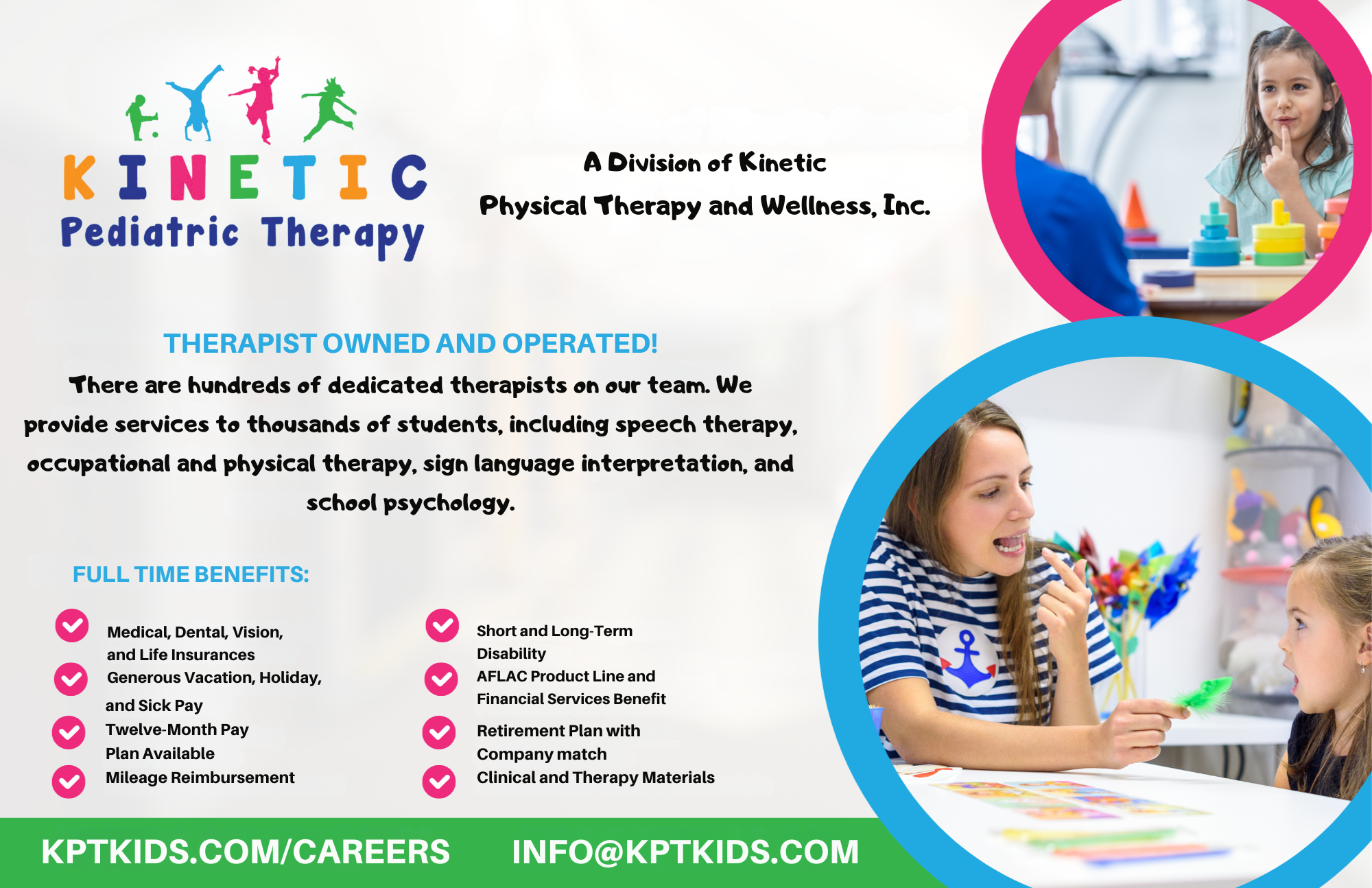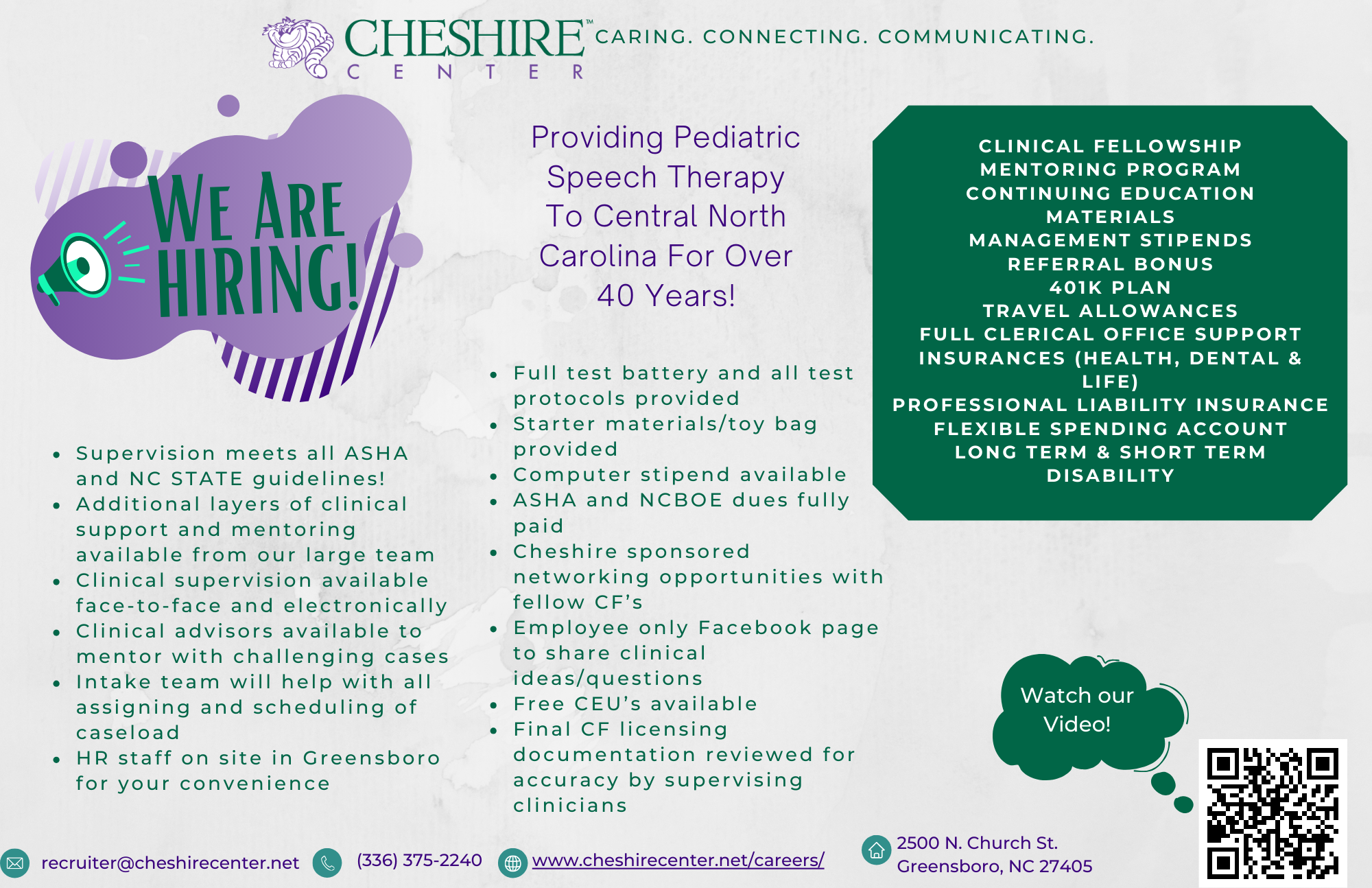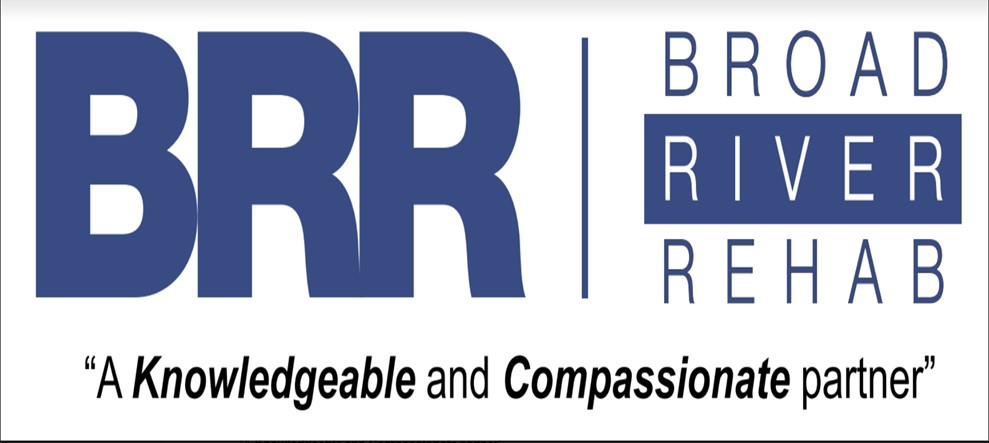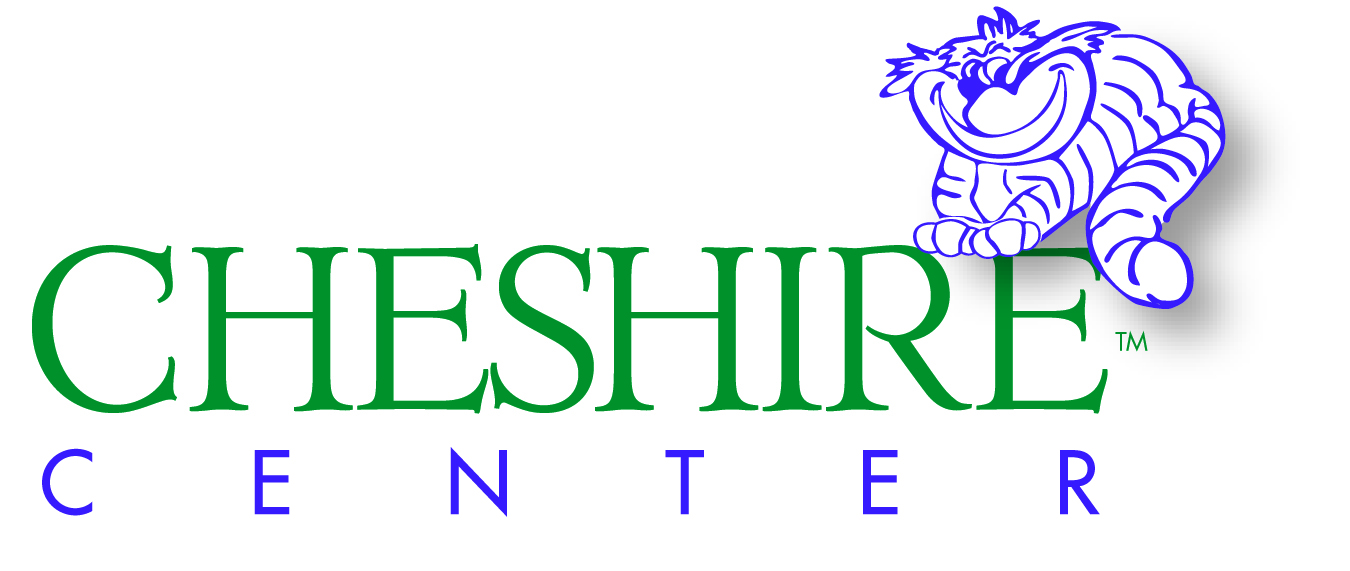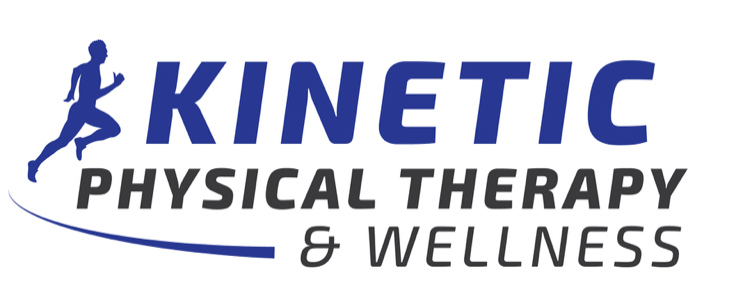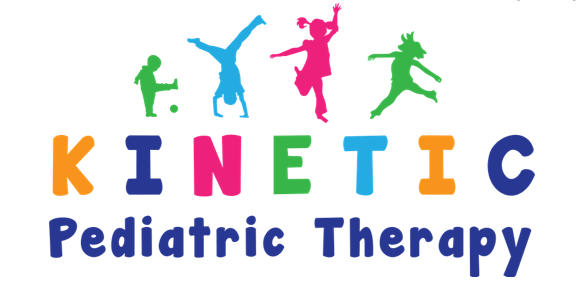|
Click Here for a Downloadable Program Click Here for parking, hotels, and more information Thank you to our sponsors!
Session 1 9:15-11:15 AM KEYNOTE SPEAKER Play: The Cure for Burnout Presenter: Acey Holmes, CCC-SLP In this course, participants are invited to explore the empirical world of play and flow states and their significant impact on preventing burnout in professional settings, particularly for speech-language pathologists and audiologists. This session dives deep into the neuroscience that underscores the transformative power of play and flow in the workplace. Attendees will gain insights into how these states enhance cognitive functioning, creativity, and job satisfaction, acting as antidotes to burnout. The workshop emphasizes evidence-based strategies and practical applications, offering attendees a toolkit of methods to cultivate these states in their daily professional lives. Intermediate Information Level Acey Holmes has been playing in her education and career for two decades. She believes that our personal and professional lives can be improved with one simple priority: PLAY. Stop being bored, come play with us! Acey Holmes is a southerner by birth pulled to Colorado by the mountains. She spent much of her professional life helping children of all abilities communicate (mostly through play!). Her fun and fully interactive workshops cover topics such as “The Power of Play at Work”, “The Neuroscience of Play”, and “Personal Play Identities”. She facilitates Failure Awards for organizations and provides strategic conference scheduling play breaks to improve attendee and presenter experience. Her education and experience as an educator and speech-language pathologist make her a unique expert on communication and brain development with special application for organizational development and team dynamics. By the end of this presentation, participants will be able to:
Disclosures: Ms. Holmes is the Founder and CEO of Boredless. Ms. Holmes is receiving an honorarium from NCSHLA as a featured speaker. Ms. Holmes has no other financial or non-financial relationships to disclose.
Session 2 1:15-2:45 PM INVITED SPEAKER Investigating the Hidden Curriculum in SLP Clinical Supervision Presenter: Laura Wolford, PhD, MS CCC-SLP, CSE In this course, participants are invited to explore the hidden curriculum of supervision. The hidden curriculum is a collection of implicit, unspoken expectations for how clinicians or students should behave, what they should believe, and what values they should hold. In speech-language pathology, it’s the cultural expectations that we often take for granted of what an SLP “should” act, prioritize, dress, talk, etc. The hidden curriculum has been shown to be a powerful driver in shaping a person’s feelings of belonging in their field, or lack thereof, particularly for those from minoritized groups. Those of us who supervise graduate students, clinical fellows, and colleagues don’t just teach discrete clinical skills – we also teach and perpetuate these social expectations. In this presentation, the hidden curriculum will be described from the vantage point of critical cultural relativism. Laura Wolford, PhD, MS CCC-SLP, CSE is an Assistant Professor in the Communication Sciences and Disorders at MGH Institute of Health Professions. She is also the director of the TASSEL (Teaching and Supporting Student Experience in Learning) lab. She teaches within the Doctor of Speech-Language Pathology program. Dr. Wolford has been a speech-language pathologist for over 10 years. Her research interests include counseling and equity in clinical education. Her lived experience as a multi-racial, neurodivergent scholar informs her work. She uses qualitative and mixed-methods designs to better understand the student and educator experience. A scholarship of teaching and learning (SoTL) specialist, she is also a copy editor for the journal, Teaching and Learning in Communication Sciences and Disorders. Through the TASSEL lab and the SLPD program, Dr. Wolford provides mentorship for students in developing their own SoTL and advocacy projects. Intermediate Information Level By the end of this presentation, participants will be able to:
Disclosures: Dr. Wolford is receiving an honorarium from NCSHLA as a featured speaker. Dr. Wolford has no other financial or non-financial relationships to disclose. Session 3 3:00 PM – 4:30 PM INVITED SPEAKER Ethics in Early Intervention Presenter: Frances Burns, PhD, CCC-SLP In this course, participants will explore ethics in early intervention. This encompasses a wide range of principles and guidelines that ensure the provision of respectful, effective, and equitable services to children with speech and language disorders. Speech-language pathologists working in early intervention are tasked with supporting not just the child, but also their families, in a manner that is sensitive to their cultural, linguistic, and individual needs. Ethics in early intervention in speech-language pathology ensures that services are provided in a manner that is not only effective but also respectful, equitable, and responsive to the needs of children and their families. Through focusing on these ethical considerations and desired learner outcomes, SLPs can deliver high-quality, impactful services. Frances Burns is an assistant professor of speech-language pathology and Chair of the Department of Speech-Language Pathology at Francis Marion University in Florence, South Carolina. She earned her doctorate in Communication Disorders from the University of Massachusetts Amherst with an emphasis in child language acquisition, child language disorders, and psycholinguists. She went on to complete a Research Fellowship at Vanderbilt University. Dr. Burns is a certified and licensed speech-language pathologist and has extensive experience practicing and teaching courses in communication sciences and disorders. Child language acquisition and disorders, and Early Intervention are the primary focus for the courses she teaches. She has authored manuscripts in peer-reviewed journals, and she presents papers at conferences locally and nationally. Dr. Burns has been invited to give workshops on distinguishing language difference from disorder, African American English, and Early Intervention both nationally and internationally for the last 13 years. Intermediate Information Level By the end of this presentation, participants will be able to:
Disclosures: Dr. Burns is receiving an honorarium from NCSHLA as a featured speaker. Dr. Burns has no other financial or non-financial relationships to disclose
Session 4 4:45-5:45 PM Hot Topics in Supervision: Challenges and Strategies Across Settings Panel Discussion Moderator: Kelly Harrington, MA, CCC-SLP This interactive panel presentation will feature supervisors from a variety of settings (skilled nursing, hospital, private practice, school, and university). Panelists will respond to questions related to the challenges they face when supervising the current generation of supervisees. Discussion will focus on diversity, equity, and inclusion topics, ethics, neurodiversity, and professionalism. There will be opportunities throughout the session for members of the audience to ask questions and to engage with the panelists. This presentation is sponsored by the North Carolina Association of Supervisors in Speech-Language Pathology and Audiology (NCASSPA). Intermediate Information Level By the end of this presentation, participants will be able to:
Disclosures: Kelly is employed by the University of North Carolina Greensboro and serves as the Greensboro chapter leader for the National Stuttering Association.
|
||||||||||||||||||||||||||||||||||||||||||||||||||




